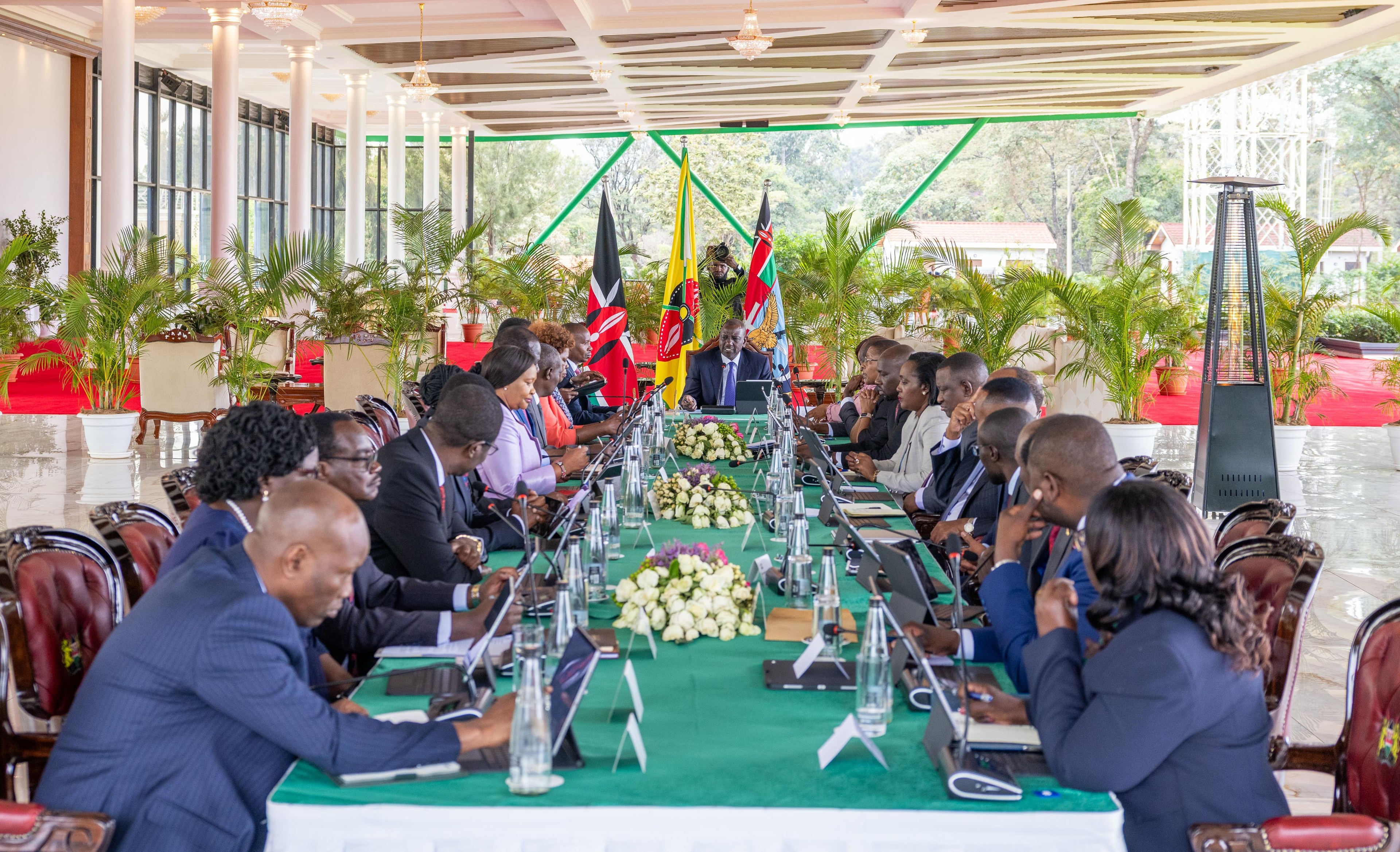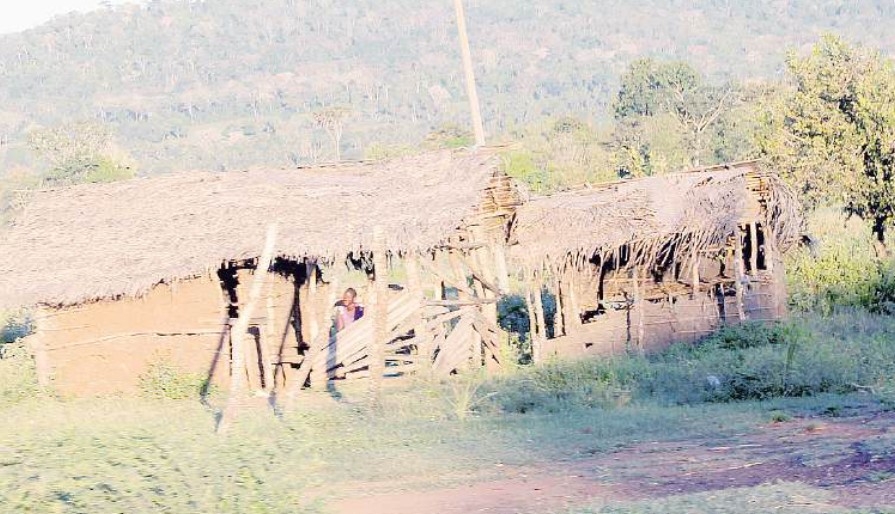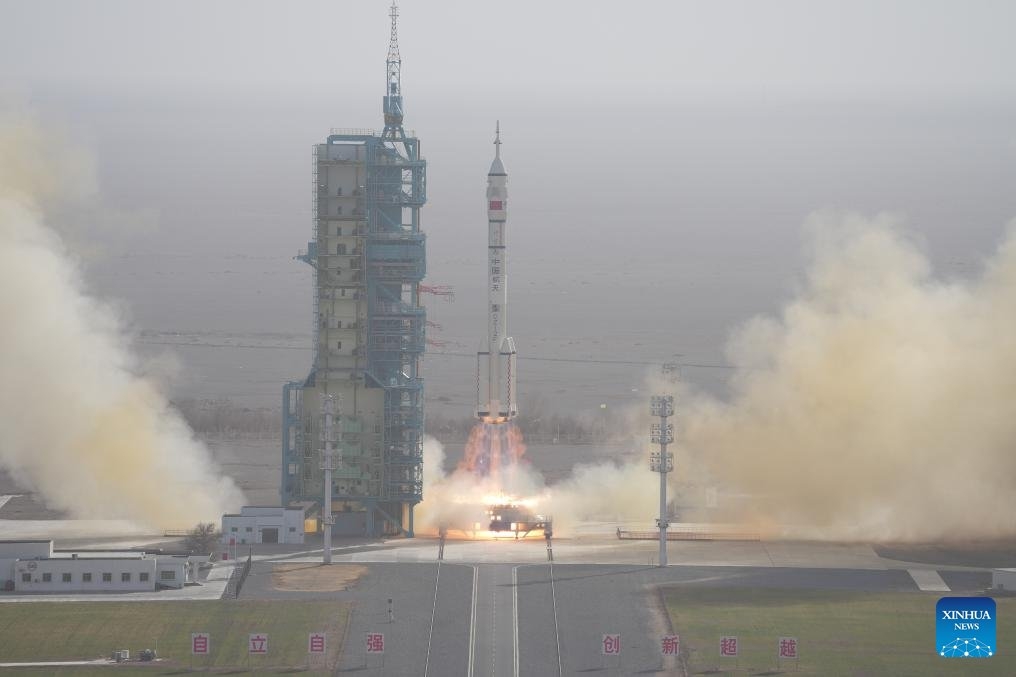
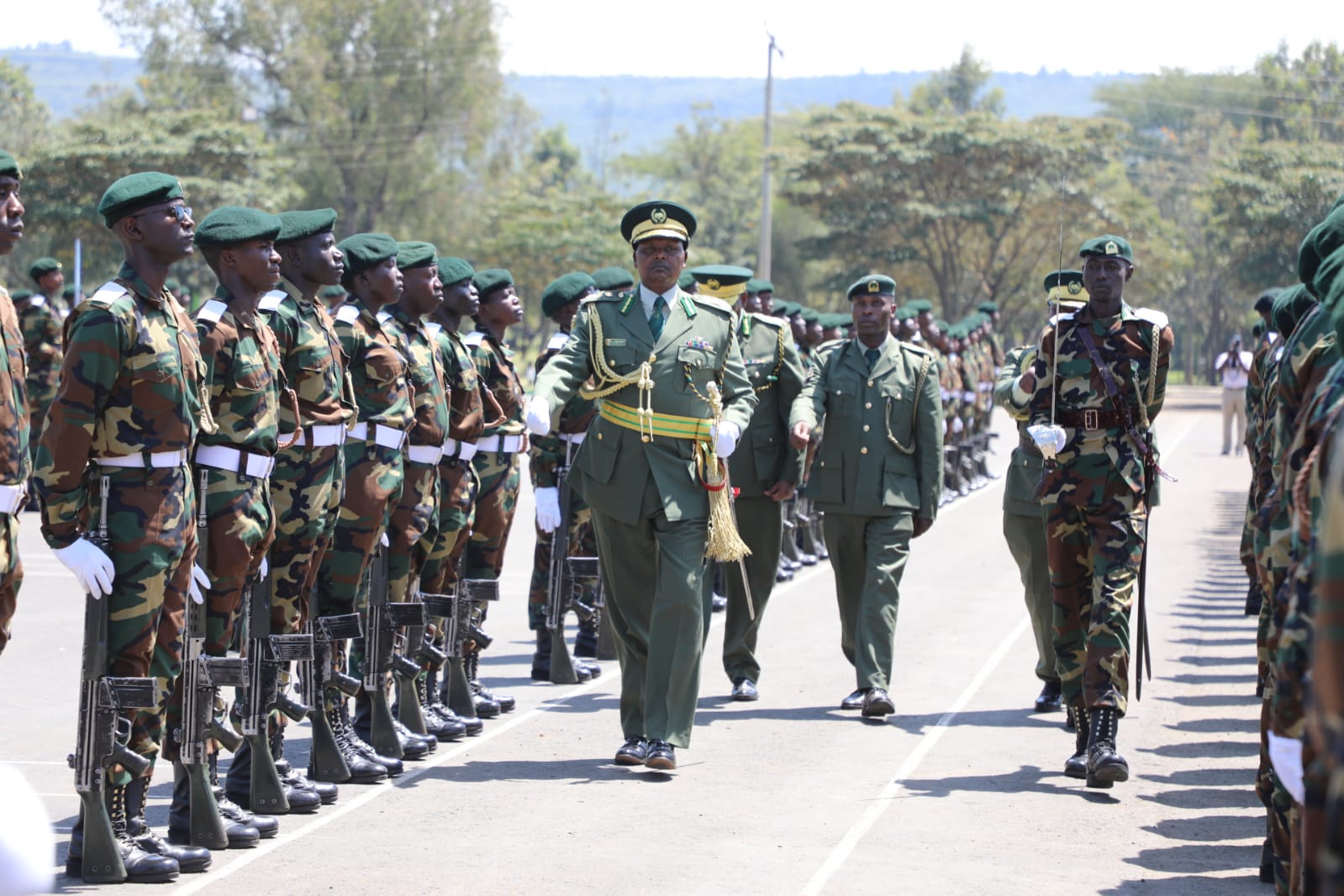
Kenya Forest Service Chief Conservator Alex Lemarkoko during the past passout parade of rangers./Handout
At the forefront of conservation efforts are a group of people who undertake critical duties such as wildlife and forest protection, environmental law enforcement, community education, fire management, disease outbreak prevention and the promotion of sustainable resource use.
Rangers’ work is essential for maintaining ecological balance and preserving natural habitats for future generations.
That is why Kenya will join the global community today to commemorate World Ranger Day, an annual observance dedicated to honouring the committed guardians of natural heritage worldwide.
This year's theme, "Rangers, powering transformative conservation," underscores the vital role rangers play in protecting the environment and local communities.
Rangers are indispensable for achieving global conservation and development goals, including the Sustainable Development Goals and the Global Biodiversity Framework, which aims to protect 30 per cent of the planet’s land and oceans by 2030.
The Kenya Forest Service honours its rangers for safeguarding the nation’s forests. KFS rangers patrol vast forested areas, plant trees, combat illegal logging and wildfires, educate local communities, and enforce environmental laws. Despite facing dangerous and demanding conditions, these men and women remain steadfast in their mission.
“Whether patrolling remote forests, reforesting degraded areas, or confronting illegal activities, our rangers embody a deep commitment to preserving Kenya’s invaluable forest resources for future generations,” KFS said. They emphasise that behind every thriving forest stands a dedicated ranger.
KFS manages 6.4 million acres of gazetted forests and an additional 420 million acres under county jurisdictions. In the fiscal year 2023-2024 alone, KFS recorded 33 ranger injuries and lost 16 officers in the line of duty.
To enhance ranger welfare and operational effectiveness, KFS has committed to improving working conditions through comprehensive medical cover, performance recognition programmes, housing provision, and timely promotions.
The service is also embracing technology, deploying unmanned aerial vehicles (drones) to improve surveillance and forest crime detection, alongside new monitoring and reporting applications.
Plans are underway to establish a national radio communication and surveillance network to further strengthen forest security.
The Kenya Wildlife Service acknowledges its rangers as frontline defenders of Kenya’s wildlife and natural spaces. They are responsible for safeguarding national parks, managing human-wildlife conflict, enforcing anti-poaching laws and engaging with communities to foster coexistence.
World Ranger Day also serves as a solemn occasion to remember rangers who have been injured or lost their lives while serving in often perilous conditions.
Ahead of this year’s commemoration, International Ranger Federation president Chris Galliers called for increased recognition and support for these unsung heroes.
“Let us take this World Ranger Day to be inspired by the extraordinary work rangers do. Let us honour these brave individuals and work collectively to improve their safety, effectiveness and recognition—because if they don’t protect our natural world, who will?” Galliers said.
Founded on July 31, 1992, the IRF provides a global platform for rangers to share successes, best practices and technologies in conservation. It also fosters international cooperation between countries with robust protected area management systems and those still developing such frameworks.
Despite their crucial role, rangers are facing escalating threats. Last year, the IRF reported that 28 per cent of ranger deaths were due to homicides, while 34 per cent occurred in conflict zones. This grim statistic highlights the dangers prevalent in unstable regions where protecting wildlife often means confronting armed poachers or hostile groups.
Additionally, 32 ranger deaths were linked to wildlife conflict, underscoring the risks of operating at the intersection of conservation and local livelihoods. Alarmingly, 36 per cent of deaths were fire-related, a trend experts attribute to increasing climate-driven environmental volatility.
The federation also expressed concern about the number of rangers dying from health-related causes, such as heart attacks, heat stress, and exhaustion, pointing to an urgent need for improved working conditions, medical care and safety support.
Faced with rising costs of wildlife management, KWS is undertaking its first comprehensive review of conservation and access fees in 18 years. This review aims to close a Sh12 billion budget gap to sustainably fund ranger operations. A nationwide public participation process will run from July 29 to August 8, 2025, inviting input on proposed fee adjustments.
As Kenya joins the global observance of World Ranger Day, it highlights not only the sacrifices and challenges faced by rangers but also their indispensable role in securing the country’s natural heritage. Through enhanced support, technology adoption, and community engagement, Kenya continues to strengthen the frontline defence of its forests and wildlife, safeguarding these treasures for generations to come.
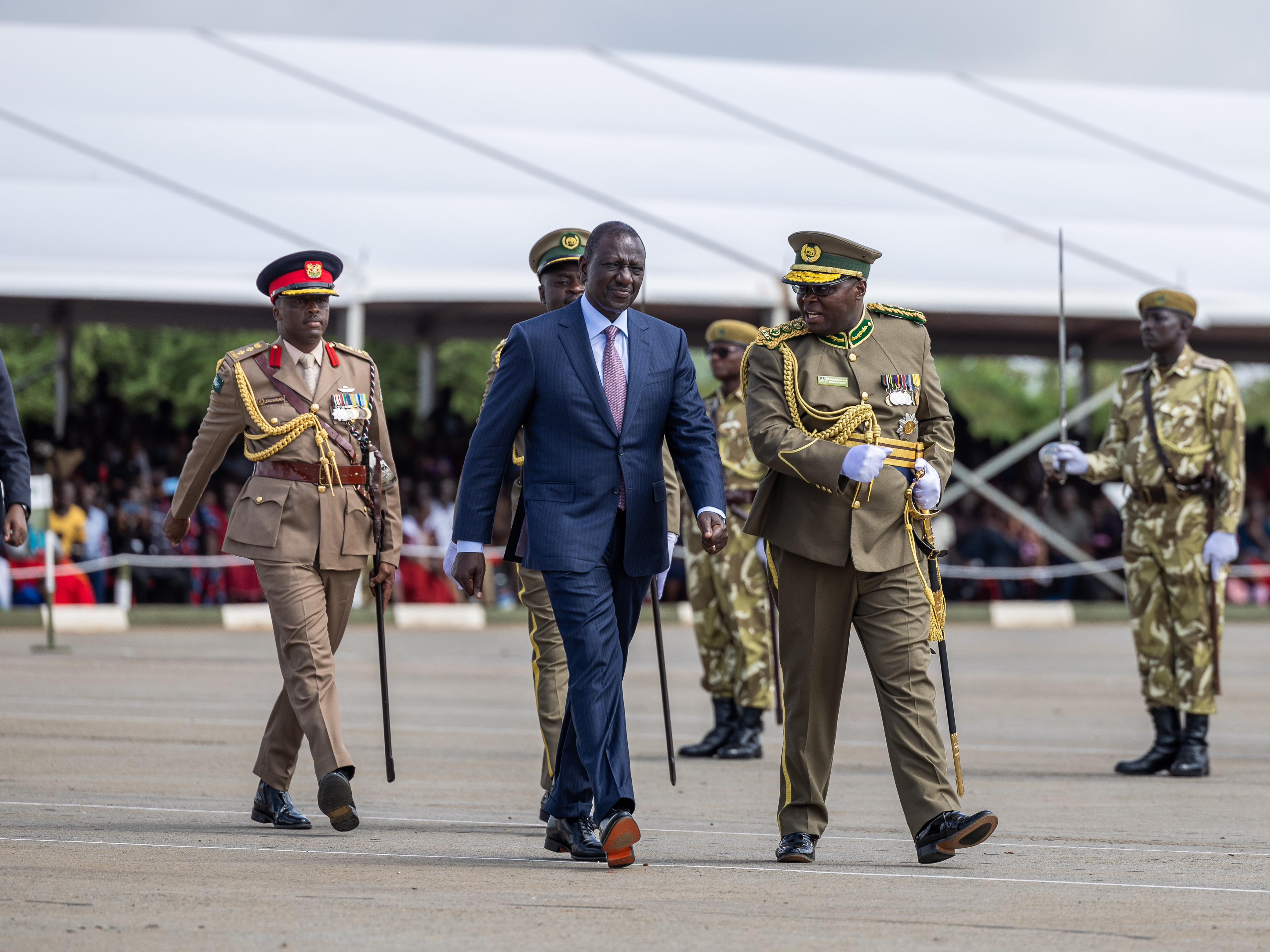
President William Ruto, accompanied by KWS Director General Erastus Kanga, during the pass-out parade on December 3, 2024./PCS



